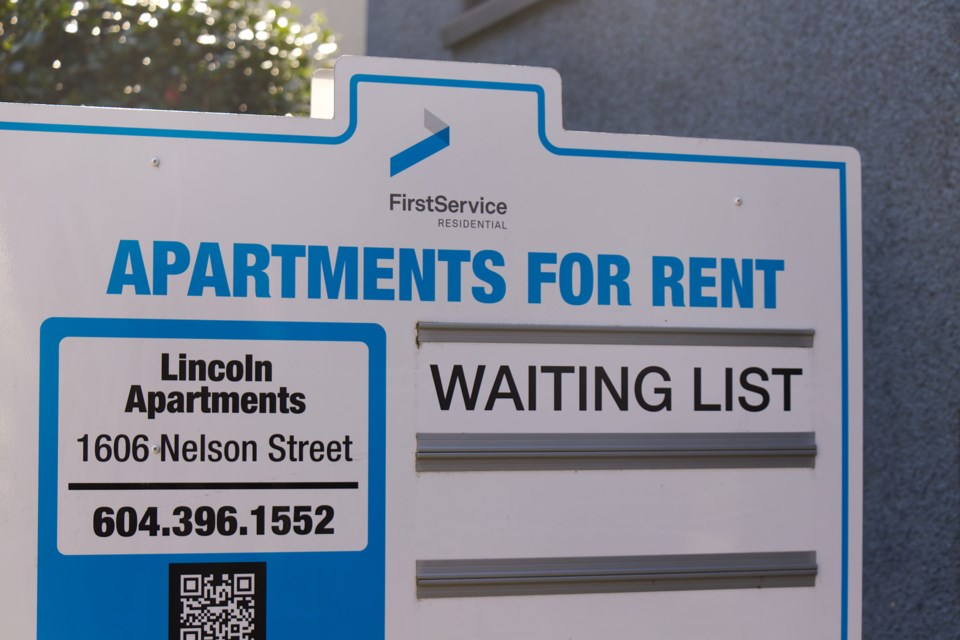The “affordability issue” has been a winning formula for the BC NDP since its rise to power in 2017. But as the cost of rent, housing, groceries, gas, cell phones – and pretty much everything – continues to skyrocket, it may turn out to be the governing party’s Achilles heel as well.
That appears to be what new BC Liberal leader Kevin Falcon is counting on, based on his early question period strategies.
“Every day, British Columbians are finding it harder to get by under this government that seems to think they can tax their way to affordability,” finance critic Peter Milobar began question period on Monday.
He cited a 24 per cent annual increase in the average price of housing in BC, including 34 per cent on Vancouver Island in the premier’s backyard. He also pointed to a new record-high gas price in Vancouver of $1.80 a litre – the highest in the country.
“Will the Premier admit that his approach of trying to fix everything by taxing his way out of it for affordability has failed?” asked Milobar.
Opposition critics would follow Milobar on similar themes, including citing record-high rents.
“The Premier, not once but in two elections, promised British Columbians that he would make life more affordable,” said MLA Shirley Bond. “It hasn't worked, and he knows it. Let's be clear. British Columbians need and deserve better.”
If that sounds suspiciously like an election slogan – that’s because it is. The BC Liberals, like many opposition parties in other provinces and federally, want to exploit the rising unaffordability, inflation, and eventual interest rates as wedge issues against incumbent governments.
BC New Democrats have been largely immune to this attack the past five years. Aside from the pandemic, they won the 2020 election on largely the same theme as 2017, portraying themselves as fighting to make life more affordable for the middle class and not “those at the top.”
The problem is, life isn’t more affordable for the middle class. Not in any possible way you want to measure it. That’s not entirely the province’s fault. It can only control so many things; for example, much of the blame for the runaway housing crisis lies in Ottawa. But such is politics that a disgruntled public may not care.
That’s the jam Premier John Horgan found himself in while trying to respond to the affordability attack on Monday.
He first, quite smartly, attacked Falcon’s new attempts to paint him as responsible for a “tax blizzard.”
“I do reject the notion that the member wanted to leave the public with — that somehow we were taxing people,” he said.
“We were doing away with taxes. The medical services premium plan that was baked in by the former Finance Minister, now the leader of that party, was built to go up year after year after year, and we've eliminated it, putting money back into people's pockets.”
Horgan announced the end of MSP payments in 2018. It was popular, but he’s milked the issue for two elections. It runs the risk of sounding stale in response to current cost pressures.
The premier then moved on to ICBC, repeating lines that the previous BC Liberal government used it as an “ATM machine” while his government made difficult decisions to extinguish the financial dumpster fire.
Here too, Horgan is correct, with his government’s changes to no-fault insurance fixing ICBC’s finances and resulting in lower rates for drivers. But voters have been hearing about that change for years, and the savings on their auto insurance is mostly minor in the grand scheme of other household increases.
The same for Metro Vancouver bridge tolls and a cap on annual rent increases to inflation, both “affordability” issues Horgan also sought defence in.
“After five years it has never been less affordable to live in this province,” said BC Liberal MLA Mike Bernier, as the theme continued in Tuesday’s question period.
Still, it’s not entirely a winning issue for the BC Liberals. The party still carries baggage from its time in government for petty decisions that made life more unaffordable for people on minimum wage, disability, and income assistance. It also did almost nothing to tackle housing prices, other than a token attempt to target foreign buyers. And it allowed rental loopholes to persist that were exploited by landlords for renovictions and exorbitant rate hikes.
That’s a record easy for Housing Minister David Eby to throw back in the party’s face, every time it brings up housing affordability on prices or rents.
“There is nobody laughing on this side of the house on the issue of renters,” Eby said Tuesday.
“What we find amusing is the BC Liberals are the party of renters. Give me a break.”
He also took aim at Falcon.
“I wonder about a party that chooses a man, Kevin Falcon, who is undeniably a speculator, to lead them into better housing policy,” said Eby. “And the first thing he says he’s going to do… is get rid of the speculation tax that brought 18,000 vacant homes onto the rental market to live in. These are the big ideas to look after people?”
In the end, “affordability” may be a winning issue for either party. Or their path to defeat. Much will depend on how they approach the issue, and fortify their defences, before the next election.
Rob Shaw has spent more than 13 years covering BC politics, now reporting for CHEK News and writing for The Orca. He is the co-author of the national best-selling book A Matter of Confidence, and a regular guest on CBC Radio.



